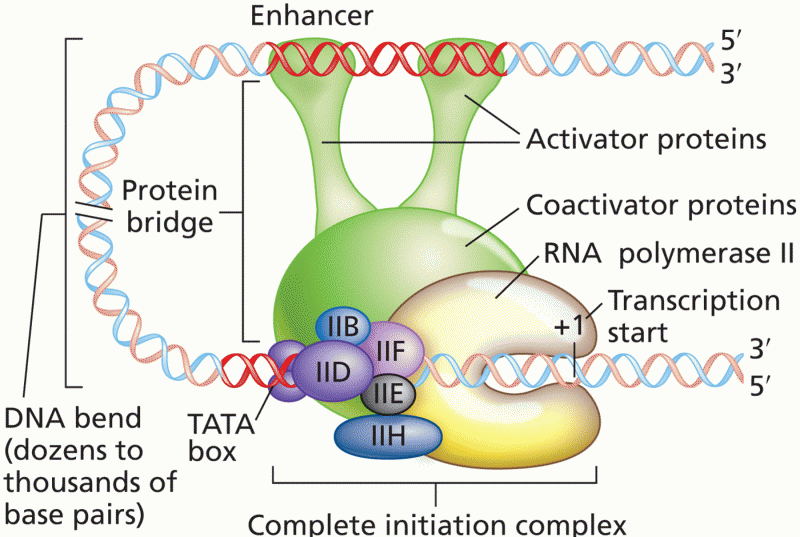|
|
|
By definition, when a medication is administered intravenously, its bioavailability is 100%.
Hypertension is a silent killer because it is deadly and has no significant early symptoms. The danger from hypertension is the extra load on the heart, which can lead to hypertensive heart disease and kidney damage. This occurs without any major symptoms until the high blood pressure becomes extreme. Regular blood pressure checks are an important method of catching hypertension before it can kill you.
There are more sensory neurons in the tongue than in any other part of the body.
About 100 new prescription or over-the-counter drugs come into the U.S. market every year.
The training of an anesthesiologist typically requires four years of college, 4 years of medical school, 1 year of internship, and 3 years of residency.







